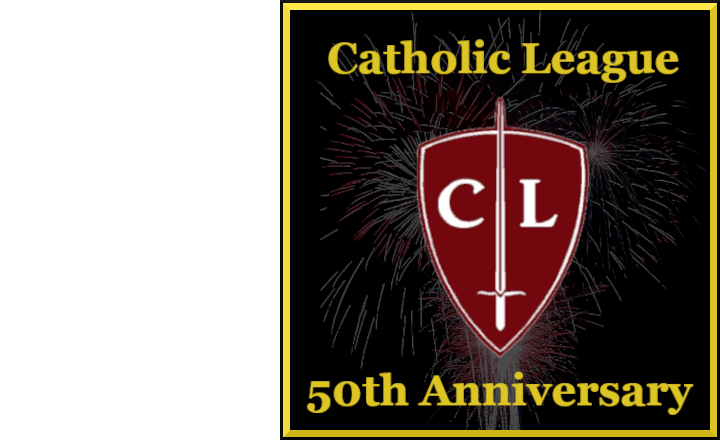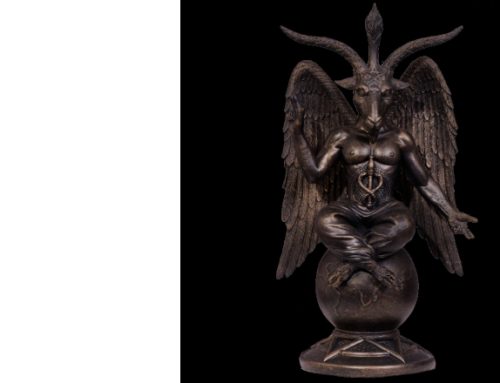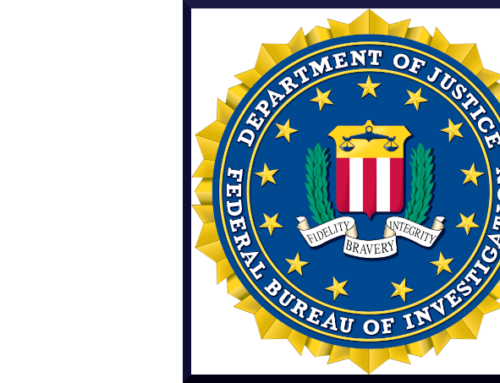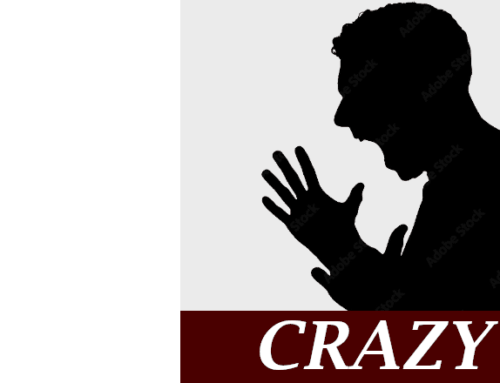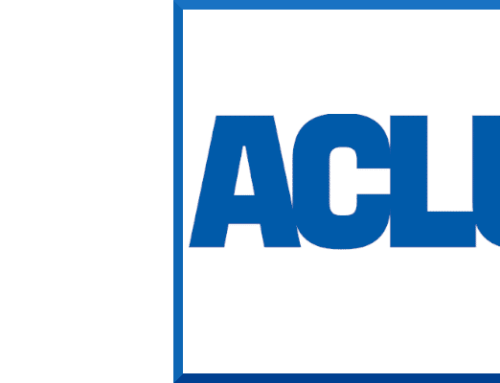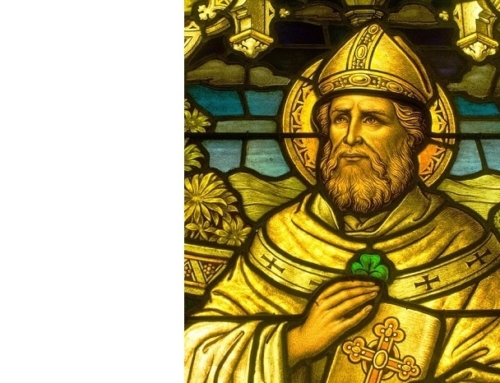Catholic League president Bill Donohue comments on the 50th anniversary of the organization:
Fr. Virgil Blum founded the Catholic League in April 1973. We chose April 27 to celebrate this historic event at a Gala dinner in New York City.
Fr. Blum was a Jesuit professor of political science at Marquette University, and he made it his mission to found an organization that would allow lay Catholics to become the defenders of the faith. That was the same year that the Supreme Court legalized abortion, and although this was an issue vital to Fr. Blum, his number-one issue for the Catholic League was fighting anti-Catholicism. His own pet peeve was the battle for school choice.
Blum chose to call his new organization the Catholic League for Religious and Civil Rights. He did so because both religious and civil rights were being threatened by the onslaught of militant secularism that emerged in the 1960s. While many important battles have been won since that time, the threat continues to mount.
Blum died in 1990. For the next couple of years, the Catholic League floundered under the leadership of several persons. When I took over in 1993, it was a financial and organizational mess. Fortunately, that is no longer true.
In 1992, Pittsburgh Bishop Donald Wuerl asked me to consider running the Pittsburgh chapter of the Catholic League. I was teaching at La Roche College, now a university, in the North Hills, ten miles from downtown Pittsburgh. Wuerl knew of me by reading my op-ed articles in the Pittsburgh Post-Gazette and through my radio and TV appearances.
When I met with him at a luncheon at the Duquesne Club, there were many prominent Catholics in attendance. The guest speaker was president of the Catholic League. He took me aside and said he wanted me to be his director of communications, and that the headquarters was relocating from suburban Philadelphia to New York City, my home town. As it turned out, he never contacted me, and when I contacted him, he pretended that he never asked me to work with him.
At that point, I told Bishop Wuerl that since the Catholic League did not seem to know what they were doing, it would make more sense for me to start my own rival organization. He agreed. After I wrote about my plans in the diocesan paper, some lay Catholics found out about it and notified the new chairman of the board of the Catholic League, Fr. Philip Eichner.
Eichner was in charge of finding a new president and CEO, and he called me at the college asking if I would consider being interviewed for the position. I said no. I told him that from what I knew, the Catholic League was badly run and I wanted nothing to do with it. He was not at all defensive. Indeed, he agreed with my observation, but hastened to note that he was new and things were about to change with the relocation to New York City.
I was impressed with Eichner’s honesty and agreed to be interviewed. Those who joined him on the search committee knew of my TV appearances with Phil Donahue, Larry King, “Crossfire,” and other shows. The committee also knew of my two books and my stint as a resident scholar at The Heritage Foundation.
I started at the Catholic League on July 1, 1993. At that time we were located in the headquarters of the Archdiocese of New York. It was my great honor to have the strong support of Cardinal John O’Connor.
People asked me how I was going to jump start an organization that was losing money hand over fist, and was an organizational disaster. Do I know rich people? Not a one, I said. But I do know how to work the media and get us into the news. Once we became known—it didn’t take long—we would find it easier to grow.
The board asked me to visit the chapters around the country, and to stop by the Milwaukee office (it was still in charge of maintaining our membership rolls). When I returned, I asked the board in November 1993 to close all but two offices (in short order, those two would also close). I had to stop the financial bleeding. Quite frankly, we were not getting what we paid for.
The newsletter had to go. Instead, I decided to have a 16-page journal cataloging what we do. I chose the name Catalyst because I wanted to convey the idea that we are a forward-looking organization.
I am proud to have such a small but dedicated staff. Bernadette Brady-Egan started as vice president exactly two years to the day after I did. She is an operations specialist par excellence.
What makes me the proudest is the fact that we are one of the only grass-roots advocacy organizations left in the country. Almost all the others are funded by foundations or sugar daddies. Not us.
What the next 50 years will bring is anyone’s guess. But it is my sincere hope that the Catholic League will continue to thrive and beat back the bigots with vigor.


